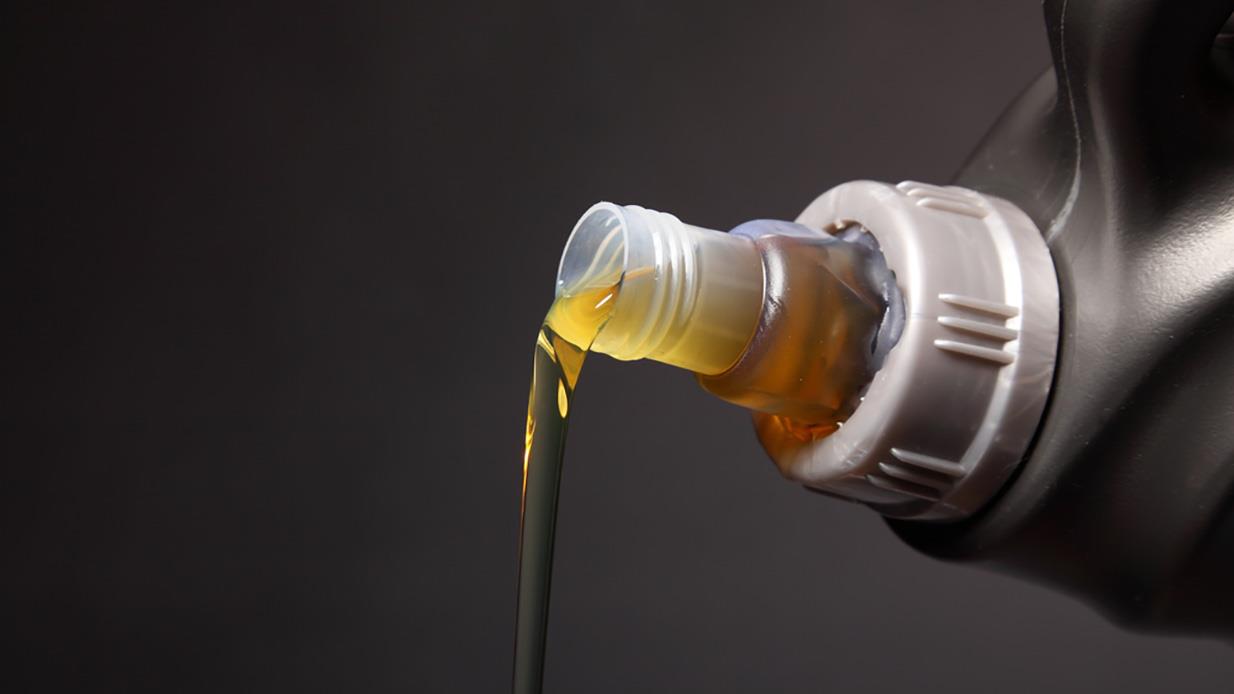Pros and Cons of Enhancing Your Oil with Additives

"Is it practical to add additives to oil after it has been depleted? If so, what types of oil additives could be added and how is this done? Are there companies that offer this service?"
Most lubricants contain additives. These additives have different functions and are included in the formulation based on the intended application. Generally, additives are used to enhance the base stock properties and performance.
Most additives are sacrificial, which means they are consumed or depleted during service. Thus, their concentration and activity are limited over time. Frequently, people do not pay attention to this because an oil change is scheduled before the additive depletion occurs or because there is contamination in the oil. In other cases, the oil is changed because it is oxidized. In this situation, the additives were depleted before the oil oxidized.
Among the additives that can be depleted during the life of the lubricant include antioxidants and rust protectants, as well as anti-wear, extreme-pressure and anti-foam additives. Below is a simple example of how an additive works until it is depleted. In this illustration, an antioxidant is added to the in-service oil before it is completely depleted.

Replenishing additives before the oil or machine becomes damaged is possible. Several companies in the market perform this service. You may find them by performing an internet search using key words such as “readditizing lubricants” or “never change your oil.” However, there are pros and cons to consider with this practice.
Pros
The lubricant is not changed, which eliminates the cost of a new lubricant. It also may not be necessary to stop the machine for a changeout, since the additivation may be done slowly while the equipment is in service. In addition, it may be suitable for large machines with significant lubricant volumes that operate 24 hours a day, seven days a week.
Cons
Extensive oil analysis of the in-service lubricant will be required to determine the precise properties of the additives. It also is recommended to conduct a compatibility test on the lubricant and additives. Moreover, a comprehensive oil analysis program will be needed to monitor the performance of the new formula.
Be sure to evaluate the cost-benefit of adding additives to your oil. Include the financial costs and other resources required for implementation and maintenance. The extended life of the lubricant should also be part of your decision-making process.



_extra_large.jpeg)

